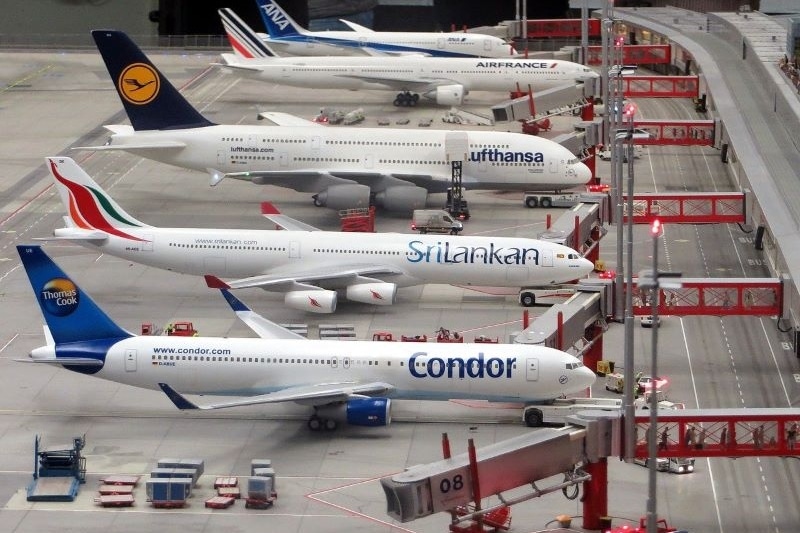The state government of Sarawak, the largest state in Malaysia, is exploring sustainable aviation fuel (SAF) to sustainably produce jet fuel and reduce aviation carbon emission with potential partners from Brunei, Indonesia and South Korea. Sarawak is developing SAF from renewable sources like algae, bio-fuels, green hydrogen and fuel cells.
Sarawak intends to collaborate with Brunei and Indonesia, the regional producers of algae to seek the potential for algae cultivation and SAF production. Its investment agency, Sarawak Economic Development Corporation (SEDC) has been tasked to set up a laboratory to conduct further research on algae. Meanwhile, Sarawak has invited South Korea for a partnership in research, development and commercialization of improved production technologies and sustainable aviation feedstocks as well as for South Korean companies to examine the possibility of carbon capture, utilization and storage (CCUS) in Sarawak.
Sarawak state government is presently working with the Aerospace Malaysia Innovation Centre (AMIC), aviation industry players namely Airbus and Rolls Royce, and the marine industry to develop alternative aviation fuels such as SAF. Sarawak is Malaysia’s largest provider of renewable energy for three million people in the state and parts of Indonesia in West Kalimantan. Its hydropower resources, which can be used to manufacture low carbon hydrogen, account for 70% of the total generation mix. Additionally, Sarawak Energy Berhad (SEB), the state’s power utility firm is developing green hydrogen for commercial and public application. SEB also built Southeast Asia’s first Integrated Hydrogen production plant and refueling station in 2018.
(Sources: The Borneo Post; Malay Mail; The Star)
